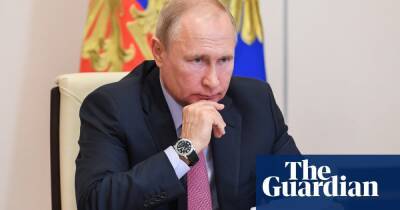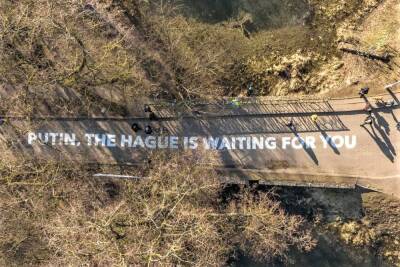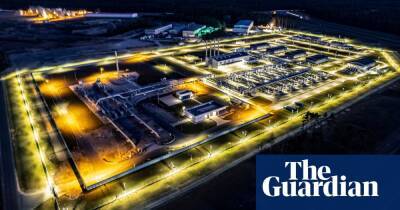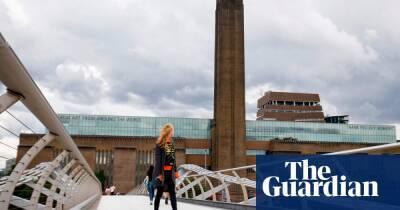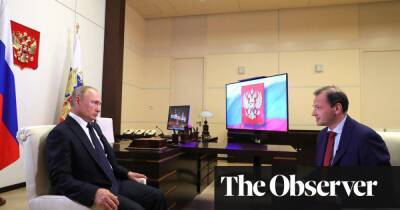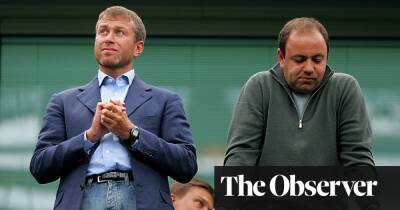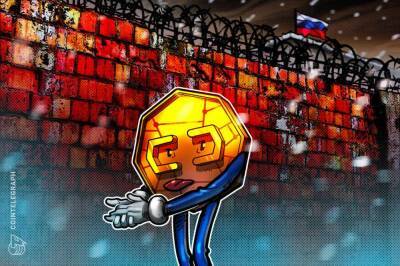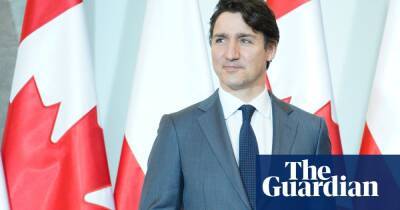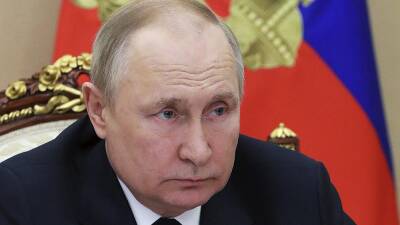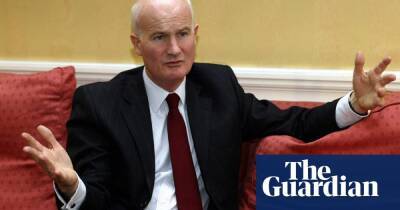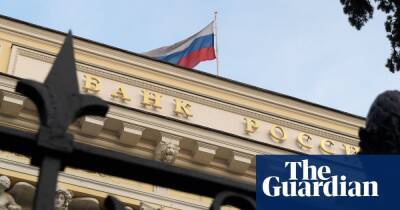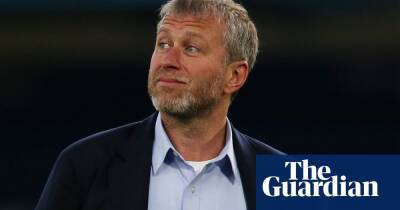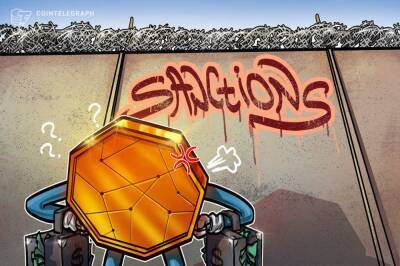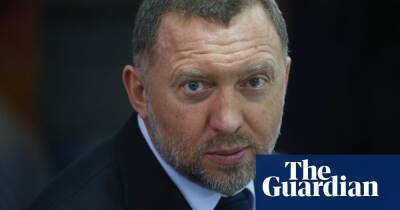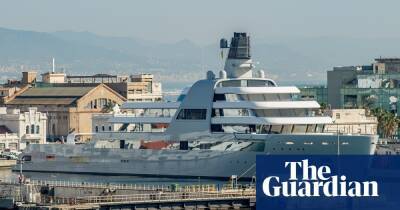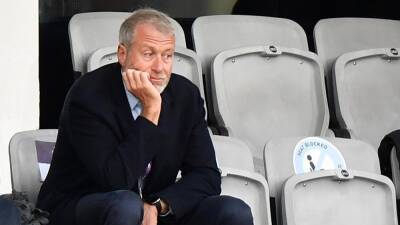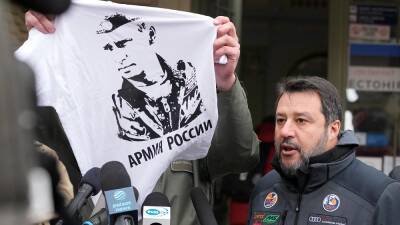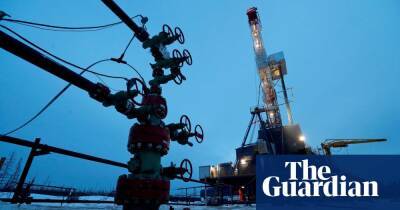The sanctions strategy is flawed. To defeat Putin, you have to know how the Kremlin works
Western states hit Russia with a package of sanctions so unprecedented that they were described as a “declaration of war” by Russia’s president, Vladimir Putin. The hope was that beyond the measures targeting the Russian central bank and financial institutions, asset freezes and travel bans would “entice” powerful oligarchs and members of Putin’s inner circle to influence the Russian leader to call off the invasion. Some even suggested that sanctions might topple the regime.
But while the world rejoiced at the spectacle of seized lavish superyachts and secluded chalets, Russian troops continued making inroads and attacking Ukrainian cities. Only two of the sanctioned individuals expressed their rather reserved disapproval of the war – hardly the “mounting pressure” that the west might have envisioned.
Russian oligarchs will not put pressure on Putin, not now and not anytime soon. They stay silent, even as they watch their assets and fortunes dwindle. We should have expected this. The west misunderstands the concept of oligarchy in modern Russia, which leaves these powerful actors more beholden to the state – or president – than any outside influence, and prevents the jet-set tycoons we see in the western media from wielding real political power.
What the west calls “Russian oligarchs” are not a homogenous group in terms of their interests, functions within the state, or political influence. Those who have direct access to the president fall into two broad categories: the economic oligarchs and the strongmen.
The first group – the economic oligarchs – are essentially trustees who manage day-to-day operations of various industries within the Russian economy, such as banking or oil extraction. Beyond the gaudy decor, private
Read more on theguardian.com



